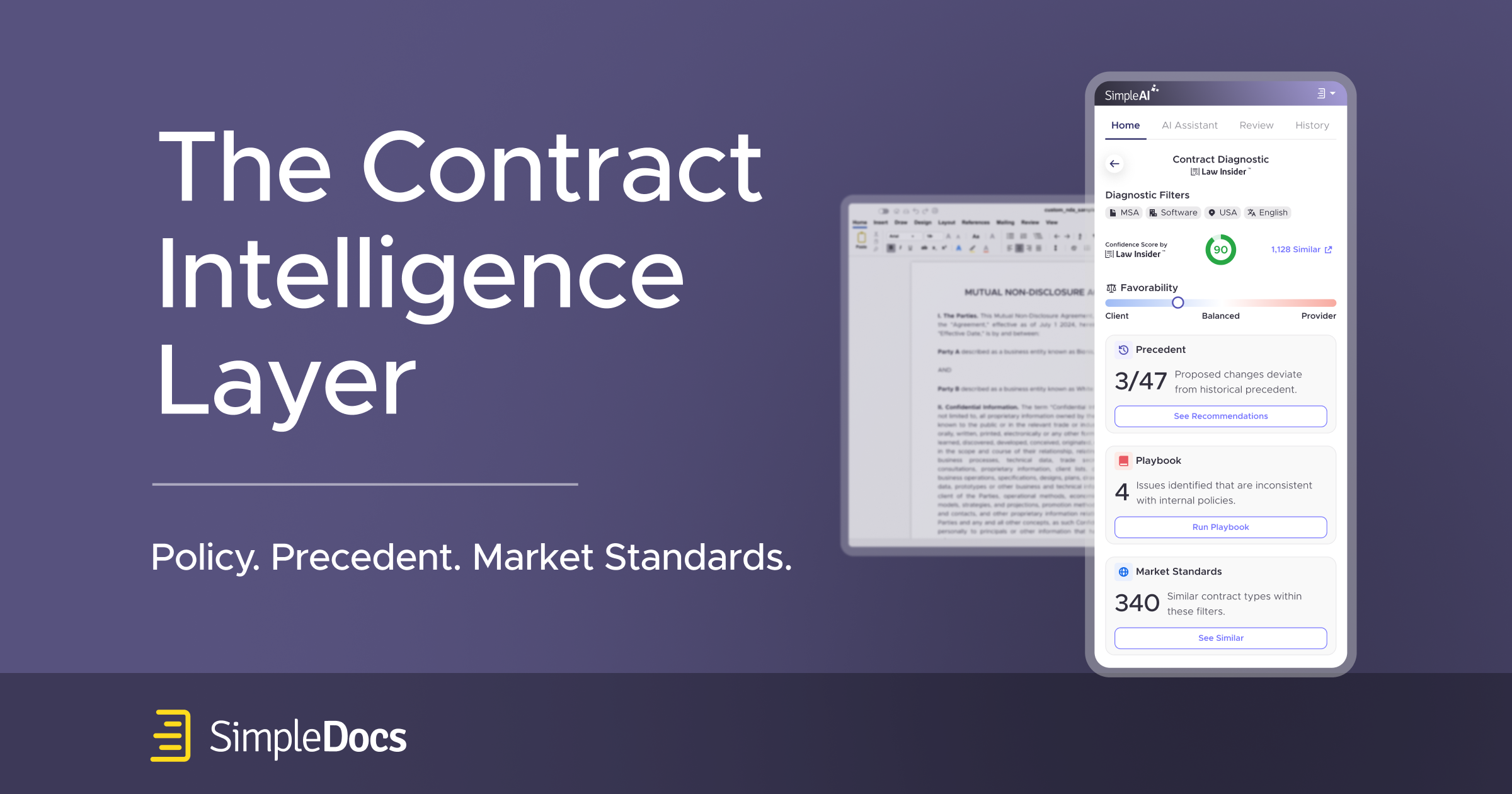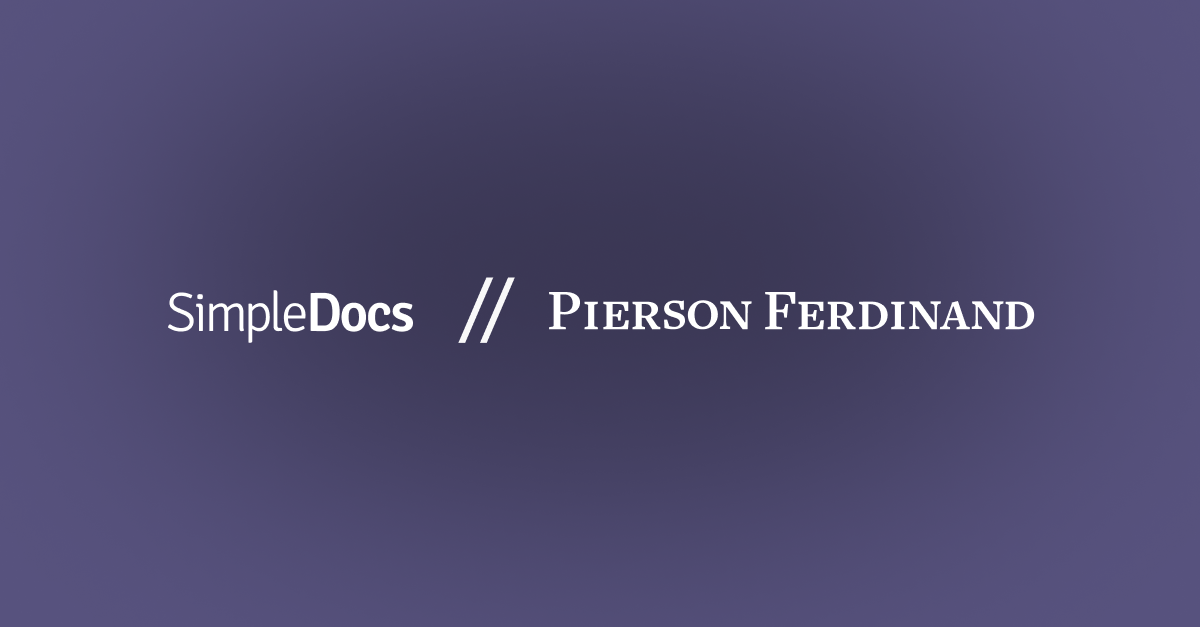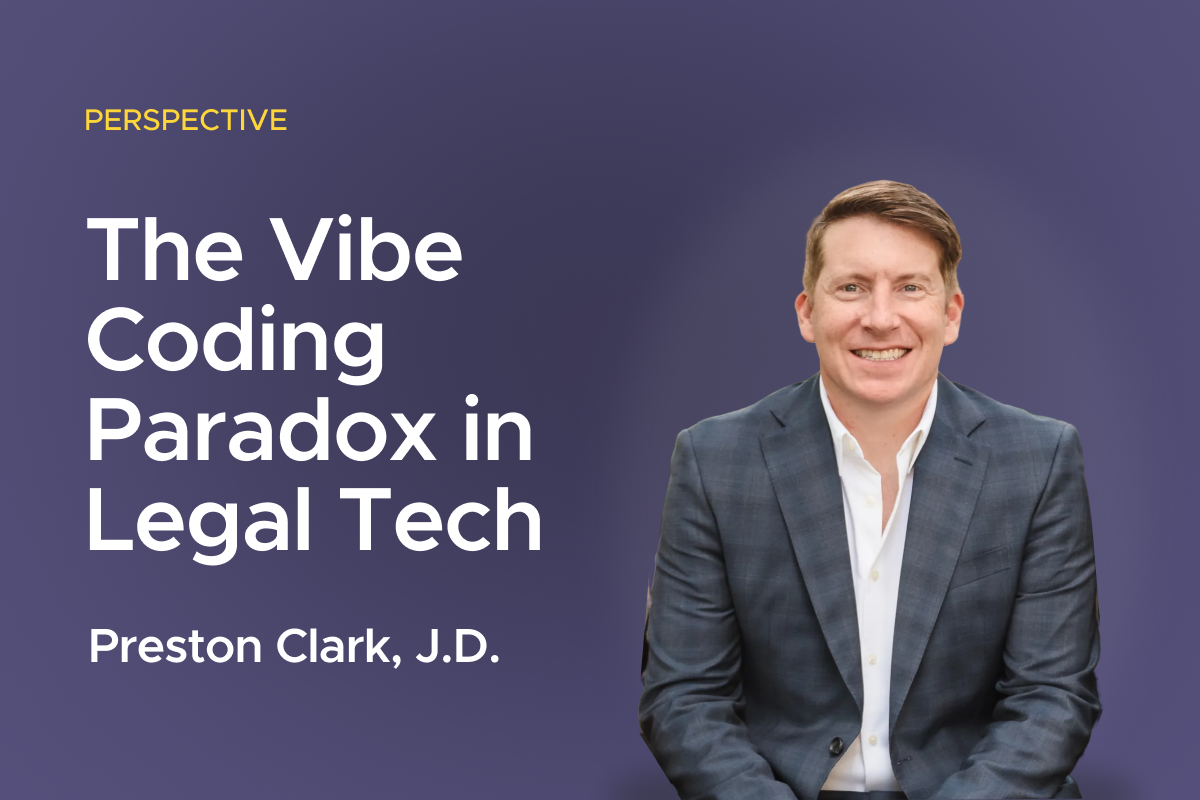The legal industry has spent years hearing that artificial intelligence would transform contracting. Predictions of self-drafting agreements, instant negotiations, and perfectly automated redlines have echoed across conferences and vendor decks. Yet for most legal teams, the reality has looked quite different. Tools promised intelligence but delivered unpredictability. Clauses that appeared well-written often couldn’t withstand a basic legal review. Definitions drifted, protections weakened, and business users found themselves nudging AI outputs back toward sanity. The gap between hype and reliability became unmistakable.
What became clear is that technology alone could not fix the fundamental challenge. Drafting contracts faster is useful only when the outputs are legally and commercially sound. True transformation requires consistency, shared expectations, and a foundation of trusted judgment. It requires standards. And the path to those standards began with one very simple question: why were thousands of companies around the world drafting the same NDA, over and over again?
When we launched oneNDA in 2021, the goal was not to create a template. It was to create alignment. Instead of privately fine-tuning clauses within individual legal departments, we invited in-house counsel, legal operations professionals, and subject-matter experts to collectively define a standard that any business could use. What emerged was more than a document - it was a shared language for a routine but unavoidable legal process. Within months, oneNDA became the most widely-adopted NDA in the world, proving that legal teams were not resisting standardization; they had simply been waiting for a credible, defensible, and neutral option.
That success raised a larger possibility. If a global community could align on an NDA, why should the standardization stop there? Most commercial contracts deal with predictable risk allocation. Most teams negotiate the same issues on liability, indemnities, data protection, termination, and governing law. Yet everyone was expending enormous time recreating similar logic in slightly different words. The inefficiency was not only expensive but irrational.
The next step was scaling the model. When Law Insider acquired oneNDA in 2024, it opened the door to evolve that single standard into something larger: a structured, peer-reviewed library of playbooks and templates grounded in real-world negotiation experience. The result became Law Insider Standards, a collection of negotiation playbooks and contract templates built not by theory but by practice. Each playbook reflects the lived reality of in-house counsel: fallback positions, alternative clauses, practical comments, and commercial compromises that strike the balance between protecting the business and closing the deal.
As valuable as these resources were on their own, something more powerful emerged when they met AI. On their own, language models can predict syntax, but they cannot reliably apply legal judgment. They do not reason about risk allocation or assess what is commercially acceptable. They generate possibilities, not positions. Without grounding in an established standard, AI’s outputs - no matter how elegant - remain uncertain.
By embedding Law Insider Standards directly into SimpleAI, legal teams finally gain what the industry has been seeking: a way for AI to operate with structure, logic, and defensible outcomes. Inside Microsoft Word - a space where contracting work already happens, users can draft and negotiate with the support of both automation and community-developed judgment. The system no longer guesses what a limitation of liability clause should look like; it draws from language that has been tested, reviewed, and adopted by practitioners across industries. When the AI proposes a redline, it does so with a defined rationale rather than predictive guesswork. Instead of automating chaos, it automates consensus.
This integration represents a meaningful shift in how legal technology evolves. The market has been flooded with general-purpose tools promising speed; but speed, without standards, only multiplies inconsistency. A faster workflow is useful only if it also produces trust. What differentiates SimpleAI is not its ability to generate text, but its ability to generate text that aligns with shared principles developed by actual legal experts. In a crowded AI landscape, credibility comes from the quality of underlying judgment, not the horsepower of the model.
The result is a system that brings legal expertise, operational consistency, and community-driven knowledge to the surface of day-to-day contracting. It allows legal teams to work quickly without sacrificing rigor, and it gives business teams a pathway to self-serve without stepping outside the boundaries of acceptable risk. What once lived in private playbooks and institutional memory now becomes accessible, structured, and repeatable.
Of course, no standard remains perfect or static. Law evolves, business models shift, and industries change. For that reason, the next phase of this journey is collaborative rather than prescriptive. SimpleDocs is launching a beta with a steering committee of practitioners who will apply these playbooks to real contracts, identify friction points, and propose refinements. This mirrors the ethos that made oneNDA successful: the best standards are not written in isolation but shaped by the people who negotiate every day.
Looking ahead, the vision is straightforward: a legal ecosystem where standards underpin automation, and where automation reinforces standards. Lawyers do not lose control; they gain leverage. They spend less time rewriting repetitive clauses and more time navigating the issues that genuinely require nuance and strategic thought. Businesses close deals faster. Risk becomes more transparent. And the work of contracting begins to resemble a modern, data-driven discipline rather than an artisanal craft.
The evolution from oneNDA to AI Playbook Library reflects a fundamental shift in how our industry can think about contracts. Not as one-off snowflakes, but as scalable, intelligent components of commercial operations. Technology alone could not get us there. Community could. Standards could. And now, AI can carry those standards forward.
The legal world does not move because technology promises something new. It moves when lawyers trust that the work remains accurate, defensible, and aligned with how business is done. That trust is what made oneNDA succeed. It is what made Law Insider Standards possible. And it is what makes this next phase - with standards sitting inside the tools legal teams already use - such a meaningful step in the evolution of contracting.

.svg)

-min.svg)

